No matter if you’re camping for a short trip or living in your RV, finding the best solar generator for camping will make your adventure easier and less stressful. If you go below a certain size, you could end up exhausted. If you opt for a system that’s too large, then you will end up paying for features you never need. This guide helps ensure you get the right generator by looking at your power needs and choosing appropriately.
Why Generator Sizing Matters for Campers
Campers need different devices, including phones, GPS units, LED lights, fridges and coffee makers. A solar generator for camping offers both eco-friendly, silent power and the capability to be independent with energy when you are far from any grid. But how much power is enough?
Choosing a generator that’s too big can make it heavier, more expensive and you may not use all the power it generates. If your generator is small, you might lose power right when you need it most. You need to find a balance between things.
The right generator size depends on how long you're staying out, what appliances you're using, and how often you need to recharge. Some users simply need a phone and light, whereas others prefer to have their fridge or coffee machine running for hours. Before you shop for a generator, find out how much electricity you are going to use so you don’t overspend or encounter outages.
Start with Your Power Requirements
To properly size your generator for camping, start by making a list of the devices you plan to power and for how long each day. Here’s a sample list:
|
Device |
Wattage |
Hours Used Daily |
Daily Watt-Hours |
|
LED lights |
10W |
5 hrs |
50Wh |
|
Smartphone |
15W |
2 hrs |
30Wh |
|
Mini fridge |
60W |
24 hrs |
1440Wh |
|
Laptop |
50W |
3 hrs |
150Wh |
|
Coffee maker |
600W |
0.5 hrs |
300Wh |
In this example, you’d need about 1970 watt-hours per day. To stay safe, round up and factor in overcast days or inefficient charging—say, around 2200Wh/day.
Matching Power to the Right Generator Size
 Here’s a quick guide to help you choose the right generator size based on how you camp.
Here’s a quick guide to help you choose the right generator size based on how you camp.
Small Trips? Choose a Small Solar Generator for Camping
If you’re only using your tent for one or two nights or just charging little gadgets, go for a small solar generator for camping—up to about 500Wh. If you are a minimalist or just like having your gear close by, these are ideal.
Medium Needs? Go Mid-Range
If you need to run a mini fridge, some gadgets and lighting for several days, consider a solar power generator for camping that offers between 1000 and 1500 watt-hours. This way, you’ll have a backup source that’s strong enough to support your key appliances.
Full RV Setup? Go Big and Specific
If you spend a lot of time in an RV or away from the grid, you need powerful generators. A 4000 watt solar generator for rv can power air conditioners, microwaves, refrigerators, and even entertainment systems.
If your RV uses a 50-amp system, consider a solar generator for rv 50 amp setup. They are made for heavy use, providing regular high output using solar panels of 1000 watts and above for quick recharging.
Real-Life Example
Let’s answer what size solar generator do I need for camping with a real-world scenario:
You plan a 3-day trip and need to power:
● A mini fridge (60W, 24hrs)
● Two phones (15W, 2hrs each)
● A tablet (20W, 3hrs)
● LED lights (10W, 5hrs)
Daily consumption would be about:
● Mini fridge: 1440Wh
● Phones: 60Wh
● Tablet: 60Wh
● Lights: 50Wh
Total = 1610Wh/day, or about 4830Wh for the entire trip.
In this case, a generator for camping rated between 2500-5000Wh, paired with 300W-500W of solar input, would be sufficient—provided there’s enough sunlight for daily recharging.
Don't Forget Portability and Compatibility
Power is very important, but determining size, weight and what plugs you have should not be neglected. A solar generator for camper should be compact enough to store in your vehicle, yet robust enough to handle your typical power load. Having more than one output port (for example, AC, DC or USB-C) gives users more freedom.
Don’t forget to make sure your inverter is compatible with your solar panels. Opt for MPPT controllers to get better charging and check that you have the capability to expand your system when needed.
FAQs
Are solar generators good for camping?
Yes. They are silent, eco-friendly, and ideal for off-grid power without the fumes and noise of gas generators.
Can I run camping fridge on solar power?
Absolutely. A well-sized solar power generator for camping can run a mini fridge continuously, especially when paired with solar panels for daily recharging.
How many solar watts do I need for camping?
For weekend use, 100-200W solar panels may be enough. Longer trips or powering fridges gand devices daily may require 300W-500W or more.
How long will a 5000-Watt solar generator run?
That depends on what you’re powering. If your total load is 1000W, a 5000Wh generator will last about 5 hours. Lower loads extend runtime significantly.
Can you run an RV on solar generator?
Yes. Many RVers use a solar generator setup to run major appliances. A 4000 watt solar generator is typically suitable for most off-grid RV needs.
Conclusion
When buying a solar generator for camping, it’s better to consider your energy needs compared to buying a model based on guesswork. No matter if you camp occasionally or live in an RV, it’s important to understand your power usage, how long it lasts and how much solar input you have.
From a solar generator for camper to a 4000 watt rv solar generator, there’s a solution that’s just right for you. Before you shop, think about your needs and make sure you buy what you really need. A good power source will make you feel more comfortable in the wilderness.
camping power bank, camping solar generator, camping solar panels, outdoor camping, portable power station for camping, solar panel for camper,



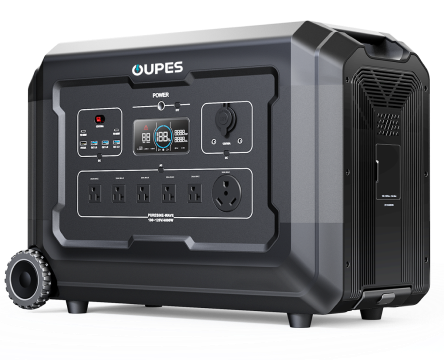

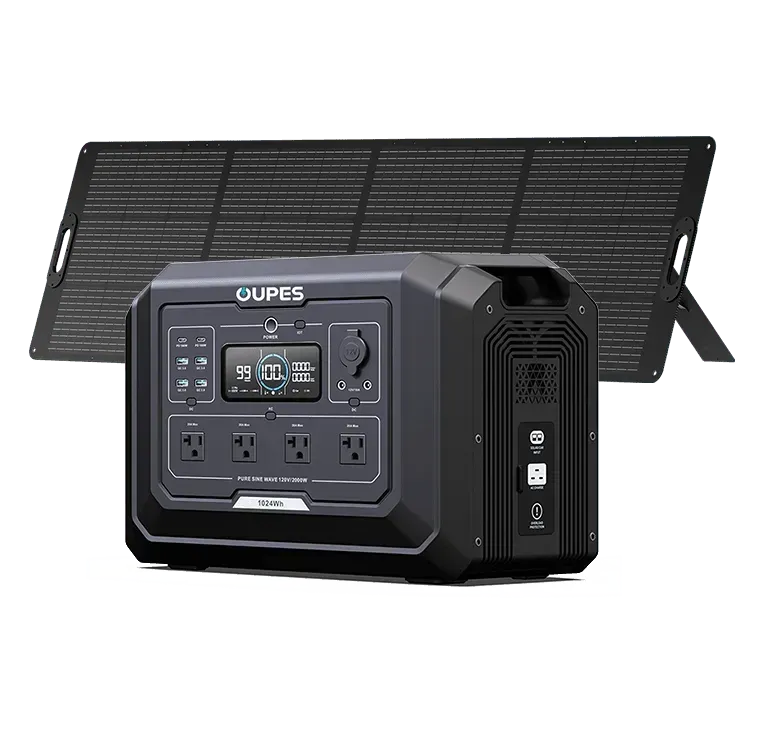
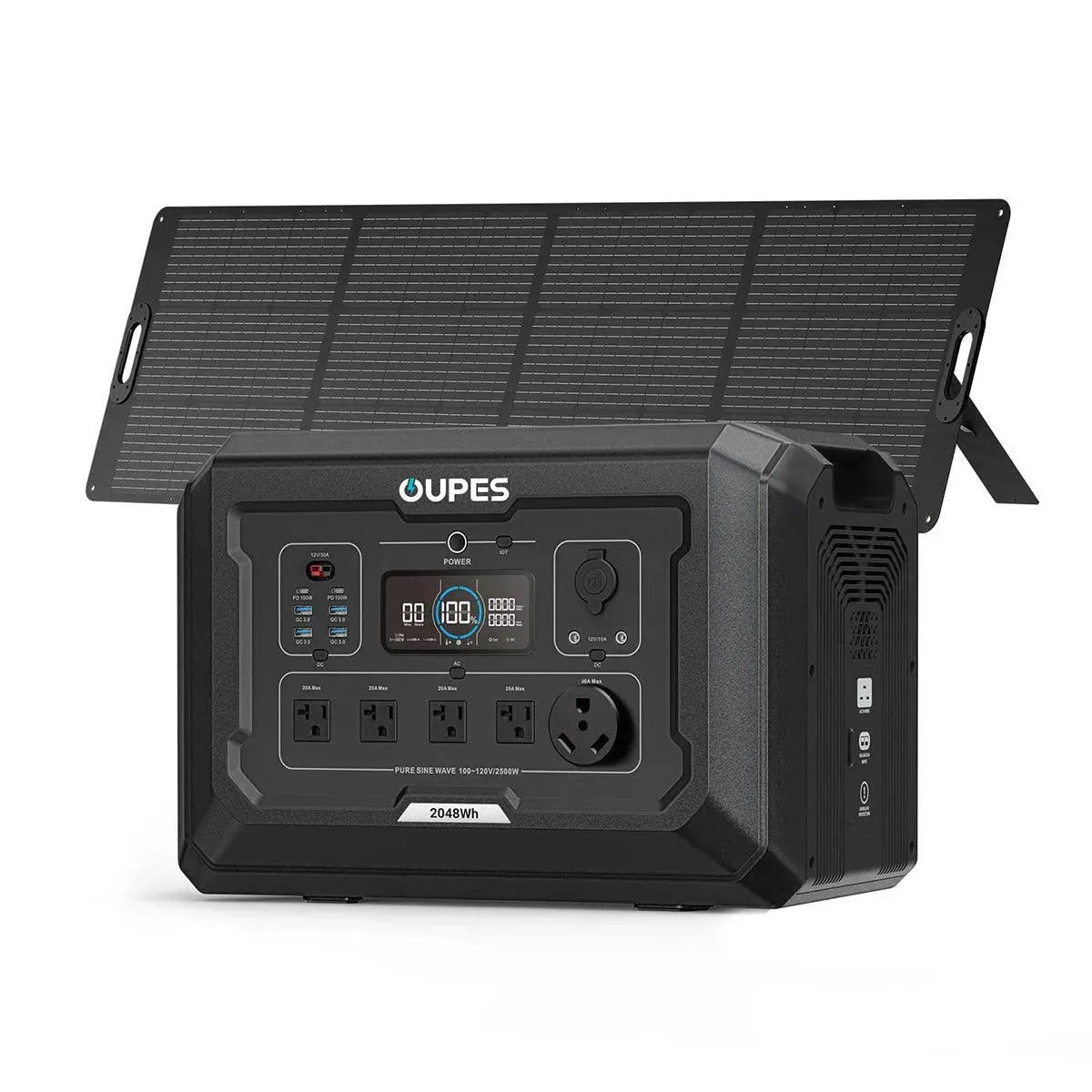























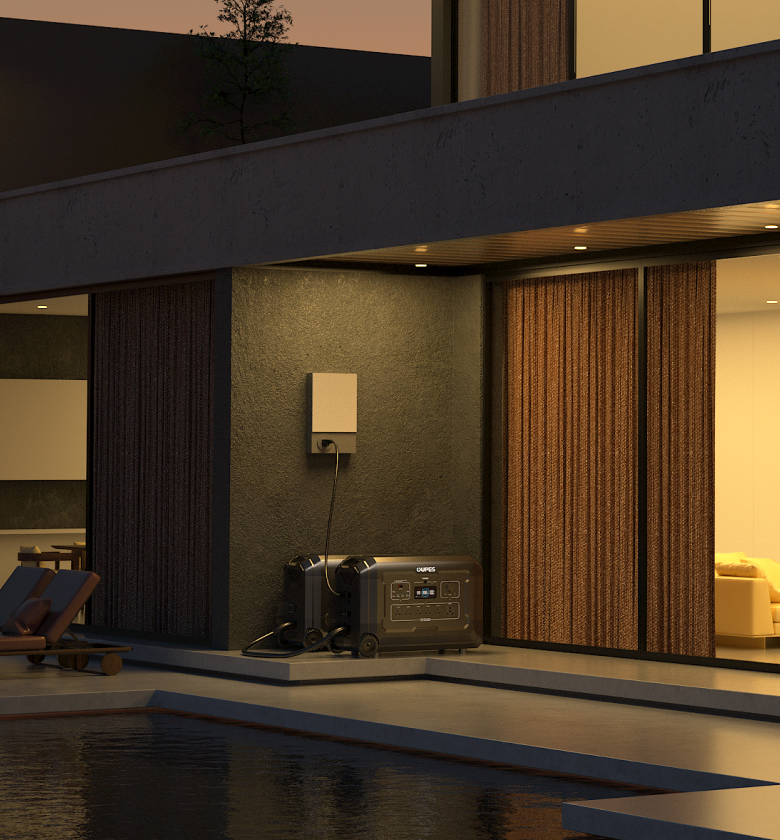
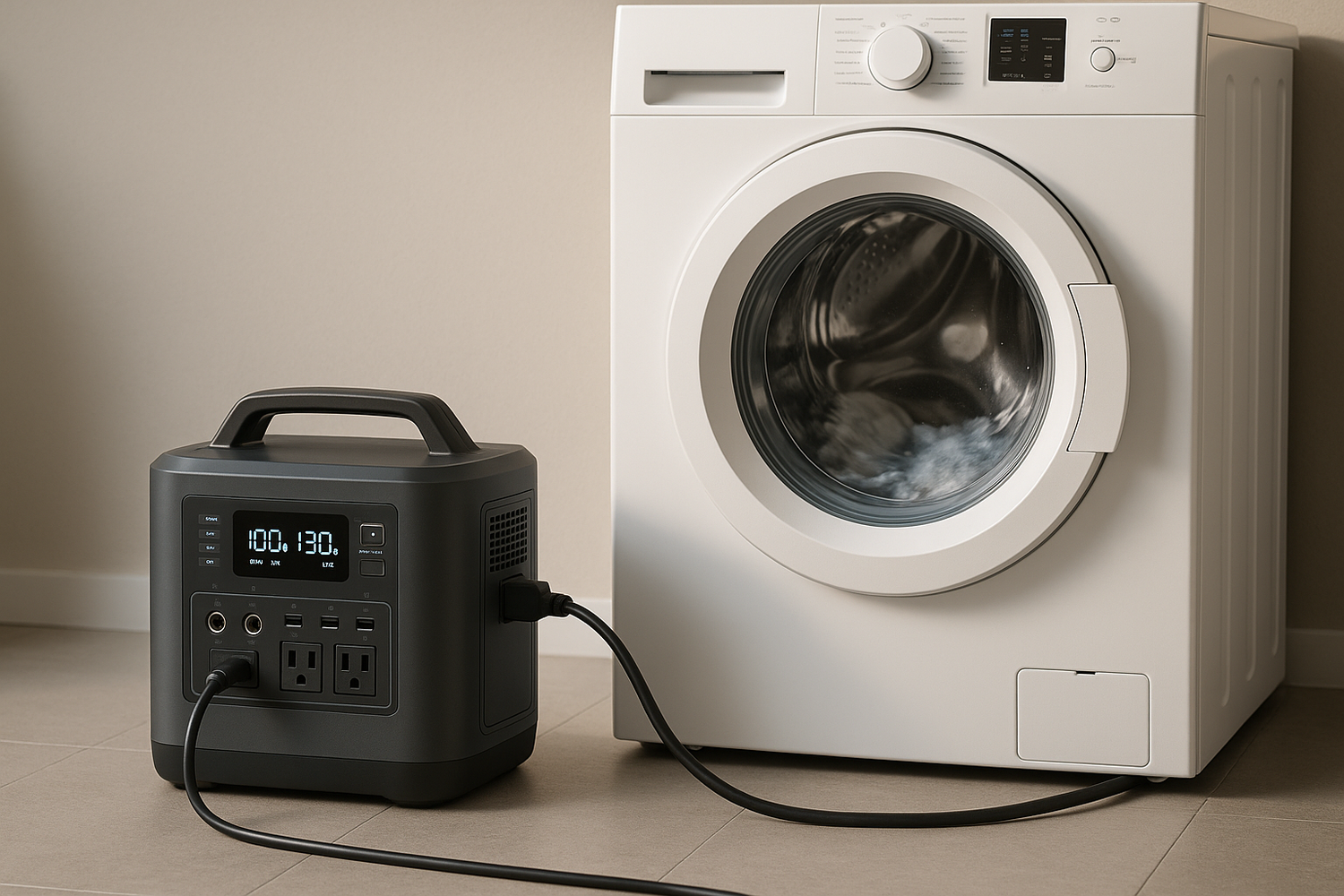

Leave a comment
This site is protected by hCaptcha and the hCaptcha Privacy Policy and Terms of Service apply.